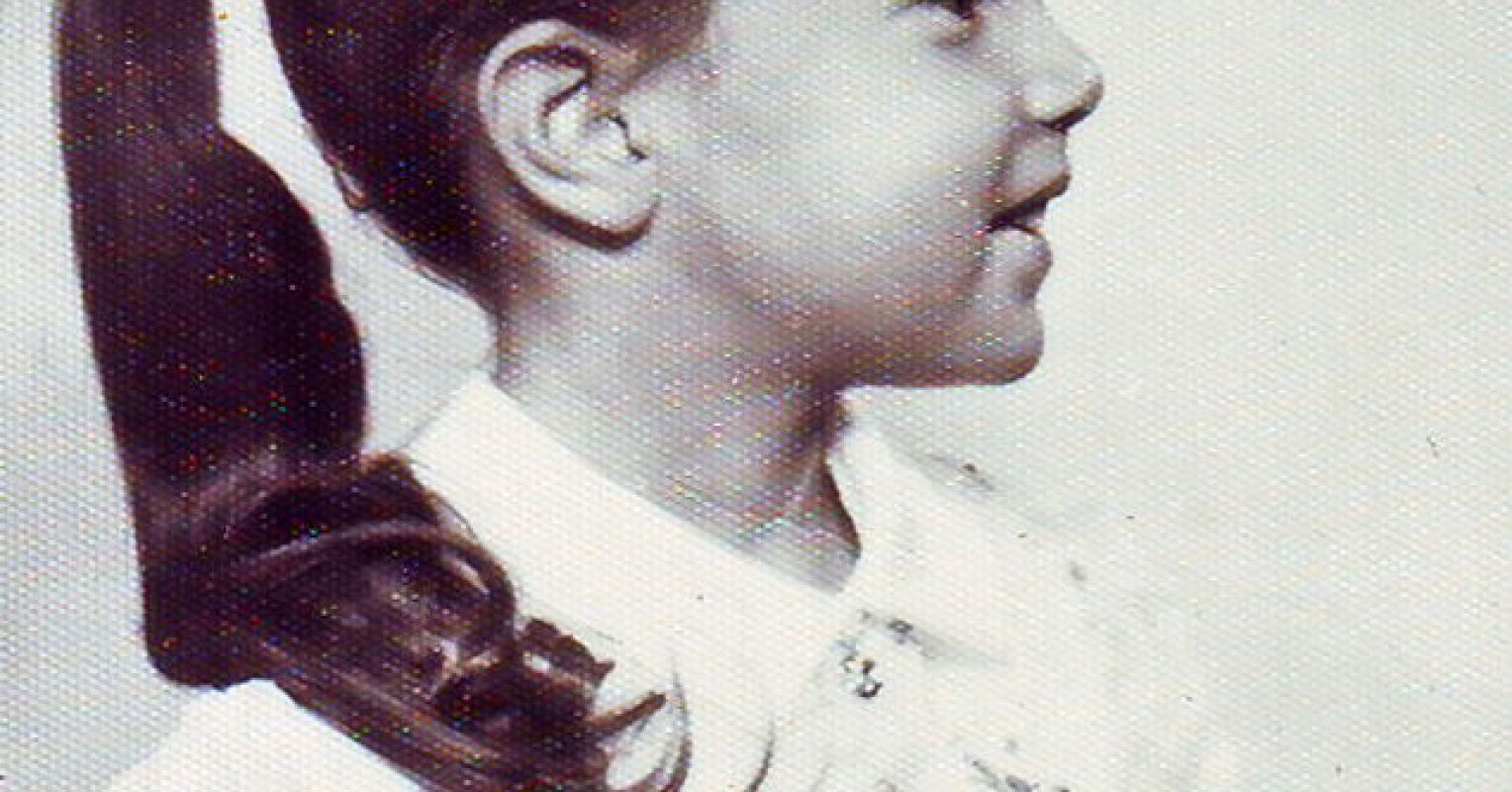
Imagine hating your own name.
Imagine gagging every time you hear, see, say, or write it.
I hated my name from the moment I realized it was mine.
It sounded like a snarl: Sharon Joy.
It twisted faces — first into a cruel smile: shaaarrr, then slackjawed stupor, unnnnj, then oyyy, a feeble wail.
I knew no other kids who loathed their names.
My classmates cherished their names, chanting them as anthems, scrawling them as charms. Whenever someone said, “Hi, my name’s Kay” — or Julio, or Lynn — then asked, “What’s yours?” I nodded mutely as if baffled by this protocol.
Having a name you didn’t hate seemed to me a wildly underappreciated blessing, like having a neck.
By contrast, hating your name feels like wearing ice skates and an ape mask everywhere, even to bed.
But I was lucky: only child, toys, clothes, vacations such as one to Amsterdam when I was 10, and during which my dad admired a row of boats.
“This one,” he said, pointing, “has more stuff on it than those.”
Caught up in the sunny spirit, I echoed two words he’d said—but in the British accent of my favorite singer, Davy Jones. Moah stahf. Mistaking this for mockery, which it was not, Dad thwacked me in the head.
So quick: One suntanned hand.
He’d never previously done this. Dad was not a savage brute who clomped around pummeling everyone. He was a smart aerospace engineer who wore a wristwatch. He had never injured anyone, not even in the war.
I reckoned, arithmetically, that Sharon Joy and only Sharon Joy had forced her friendly father into violence in a waffle-scented wonderland. I thought: Kids named Chris or Alicia never would.
The fact that Mom said “You’ve annoyed him” in the censorious tone you’d use to scold someone for spilling sauce was further proof.
And yes, I know that, compared with what others suffer, it was nothing.
Self-loathing sometimes feels too right to feel wrong. Sometimes everything you do, say, eat, or wear seems like another Amsterdam.
And yes, normal adults don’t hate their names. They simply live as Garth or Madisyn or Fritz, while tackling bigger issues such as bankruptcy or wolves.
And yes: If I had $5 for every time someone has said, “But Sharon’s such a pretty name,” I’d buy Kauai.
That name glared up at me like courtroom evidence from schoolwork, diplomas, then articles I wrote as a young journalist. I could have used a pseudonym, but that seemed like a lie, and Mom said liars were like thieves.
One day, I met a nurse who’d changed her name from Deborah to Dragon. She said such changes, in California, required merely getting new ID cards.
It’s like she’d said I could fly.
You can choose anything.
But choosing anything, even socks, always froze me. Researchers call this condition overchoice—mental paralysis when faced with more than, say, six options.
I listed my favorite names, then erased them so harshly that the paper tore. Surely I did not deserve to be called Belle, Cookie, Candy, or Inez.
I warned myself: Choose something less execrable than Sharon Joy but nothing so extravagantly lovely as to make your having it a mockery, like hanging diamonds on a pig. No Lily or Evangeline for you. Pick something passable but plain.
Expectant parents, trans people, and whoever seeks new names know: This quest is epic. Namers are gods. This as-yet-unlabeled creature might fly jets, rule Spain, or live inside a hollow log, stroking snails: By what set of sounds shall they know themself and be known?
But see: How do you name someone you hate?
Imagine thinking you can’t simply have a nice name any more than you can simply have a whale. Imagine feeling that your new name must be better than your old one, just okay enough to nonchalantly say, but—like trousers fished from a refuse bin—not great.
How do you name someone you hate when you know naming them won’t change them? How, when Sharon Joy could become Tessa Jane or Reece Alexis or Sakura Microchip, yet still has ugly hair and picks up filthy pennies off the street? What’s a new name if not a cheap disguise?
Self-hatred seldom introduces itself as self-hatred. Self-haters know no solidarity, no welcome wagon, no sense that we’re not alone.
My quest became a public joke. Coworkers cut names out of newspapers—Jermajesty Jackson, Ima Hogg—and taped them to my desk.
Studies show that names underscore our very sense of history, identity, and self.
One day, I shut my eyes and swore to pick whichever name my finger touched first in the phone book. But it was Jean, the name of my college roommate who had sex in the top bunk while I lay in the bottom and whom I disliked as much as I disliked myself.
For seven months I felt as if I had no name, that Sharon Joy was cauterized yet unreplaced. The nameless, rendered so by force or choice, remain uncoded, lost, adrift, invisible, unblessed.
Then one day I saw, gleaming through pale sunlight on a library-book page, and liked a name that was exactly everything I didn’t want.
In a Swedish novel last checked out 18 years before, it shimmered like a secret cryptograph meant just for me: This name was Anneli.
I liked it with that ragged gratitude in which, after emerging from wild woods where you’ve been lost for weeks, you like the one-night stand whom you, the next day, marry in a bar.
Beginning and ending with vowels, phonetically amorphous—accented on its first syllable, but who could tell? And common in its homeland but unknown thus bombastic in mine, Anneli soon festooned my new passport and everything I wrote.
But by then, I despised it.
[This was Part One of a two-part essay. Part Two will appear here soon.]
